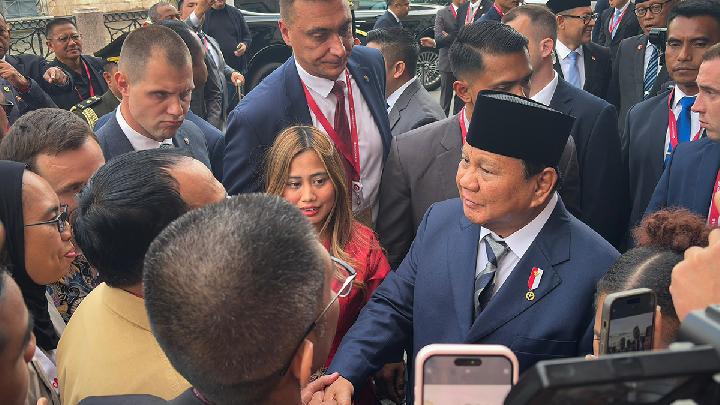TEMPO.CO, Jakarta - Amnesty International Indonesia assesses that the human rights situation under the first year of Indonesian President Prabowo Subianto and Vice President Gibran Rakabuming Raka's administration has experienced its worst decline since the reform era. The global human rights organization said the direction of state policy has become increasingly authoritarian, populist, and has reduced public participation during the Prabowo-Gibran era.
"Since being inaugurated on October 20, 2024, there has been no significant progress on human rights, whether freedom from fear or deprivation. On the contrary, there has been the worst erosion of human rights since the reform era," said Amnesty International Indonesia Executive Director Usman Hamid in a written statement on Monday, October 20, 2025.
According to Usman, policy patterns that marginalize public dialogue are the main cause of the decline in human rights. The government, he said, prefers a coercive and militaristic approach in dealing with public criticism and protests. "Dialogue will only be initiated if protests spread or when victims have already been killed," he said.
Amnesty International recorded 5,538 victims of violence by security forces during various protests over the past year, ranging from demonstrations against the revision of the Indonesian National Armed Forces Law in March 2025, labor demonstrations in May 2025, and protests against increases in House allowances in August 2025. Of that number, 4,453 were arrested, 744 experienced physical violence, and 341 were affected by the use of tear gas and water cannons.
Furthermore, 12 activists remain in detention as suspects of incitement, and two people have been reported missing since the August demonstrations. Amnesty International assessed that the government has failed to resolve human rights violations during these protests, including the killing of 10 civilians. "The formation of a joint fact-finding team was canceled, even though it was crucial to uncover the actors most responsible," said Usman.
He also highlighted the issuance of National Police Chief Regulation Number 4 of 2025 concerning the Prosecution of Assaults on the National Police, which is considered to expand the authority to use firearms. "Instead of evaluating repressive policies, the state has labeled protesters with terms like 'anarchists,' 'treason,' and even 'terrorists,'" he said.
Over the past year, Amnesty International recorded 268 cases of attacks against human rights defenders, including journalists and indigenous activists. These attacks included reports to the police, criminalization, beatings, and even attempted murder. Journalists and indigenous activists were the most victims, with 112 and 81 victims, respectively.
Usman cited the example of the Molotov cocktail attack on the Jubi media office in Jayapura, Papua, in October 2024, which involved military elements but has not been fully investigated. In the digital realm, there have been 14 cases of hacking against journalists and media institutions, and 20 cases of criminalization of citizens under the ITE Law.
Amnesty International also recorded 13 cases of religious discrimination in the past year, including the sealing of houses of worship and the disbandment of congregational activities. Three of these cases involved child victims, such as the racially motivated bullying case in Riau, the disbandment of a student retreat in Cidahu, and intolerance at a school in Padang.
Despite the president's stated rejection of the death penalty, Indonesian courts still issued 56 new death sentences throughout 2025. Amnesty believes this policy contradicts the principle of the right to life. "There is no evidence that the death penalty has a deterrent effect. This punishment is cruel and must be abolished," said Usman.
The erosion of human rights is also evident in the social sphere. Amnesty believes that the Free Nutritious Meals (MBG) program, a flagship government program, has actually led to cases of mass poisoning in various regions. According to data from the Indonesian Education Monitoring Network (JPPI), as of October 12, 2025, 11,566 schoolchildren had become victims of poisoning after consuming food from the MBG program.
"The government has failed to guarantee children's rights to health and protection. The militaristic approach in implementing this program demonstrates a disregard for the principle of child safety," said Usman. He criticized President Prabowo's statement that the poisoning rate was only 0.0007 percent. "Even one child who suffers should not be ignored in the name of the success of the majority."
In addition to the MBG, Amnesty highlighted national strategic projects deemed to be sacrificing indigenous communities and the environment, such as the food barn project in Merauke, the nickel mine in East Halmahera, and the geothermal project in Poco Leok. "Our development is becoming increasingly elitist and exploitative, far from the principles of social justice," said Usman.
Amnesty also highlighted the increasing militarization of civilian space following the revision of the TNI Law. The number of positions for active-duty officers in civilian institutions has increased from 10 to 16, with the formation of 100 territorial development battalions, 20 brigades, and plans for 37 regional military command (Kodam) units by 2029.
"The government is blurring the lines between defense and civilian affairs. This poses a significant risk to human rights protection," said Usman. He added that military involvement has now expanded into the economic and social sectors, including national strategic projects and the MBG program.
At the regional level, practices such as sending students to military barracks and imposing curfews on students demonstrate the infiltration of military logic into civilian life. There are even efforts to make the Indonesian National Armed Forces (TNI) investigators of general crimes in the revisions to the Criminal Procedure Code (KUHAP) and the Cyber Security Bill. "This trend erodes military professionalism and civilian supremacy," he said.
Amnesty International concluded that the government's current policy direction is pro-elite and ignores popular participation. From economic recentralization to policing criticism, the state is seen as reinforcing authoritarian practices disguised as populism.
"If this trend continues, Indonesia risks sliding into a new authoritarianism that oppresses citizens' rights," said Usman. He emphasized that the state should guarantee popular participation, not silence it.
“From the rights of citizens demonstrating in cities to indigenous communities in rural areas defending their customary rights, all show the same erosion: the state's disregard for humanity.”
Editor's Choice: Amnesty Int'l: Prabowo's Statement is Dangerous Because it Ignores the Root Cause of Public Dissatisfaction
Click here to get the latest news updates from Tempo on Google News

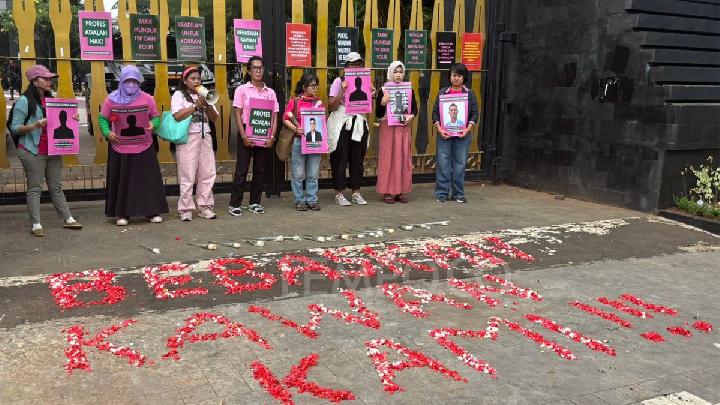

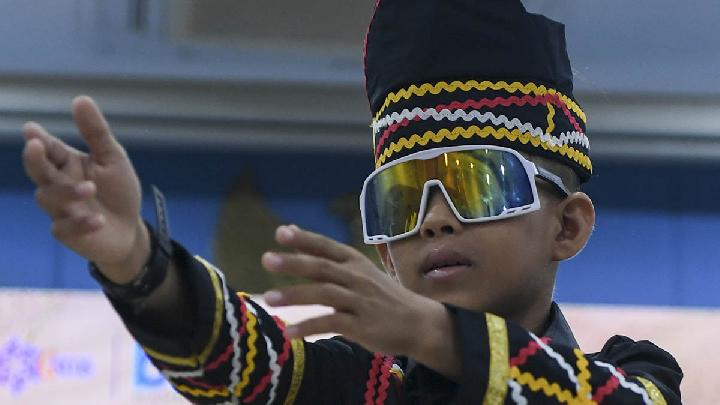



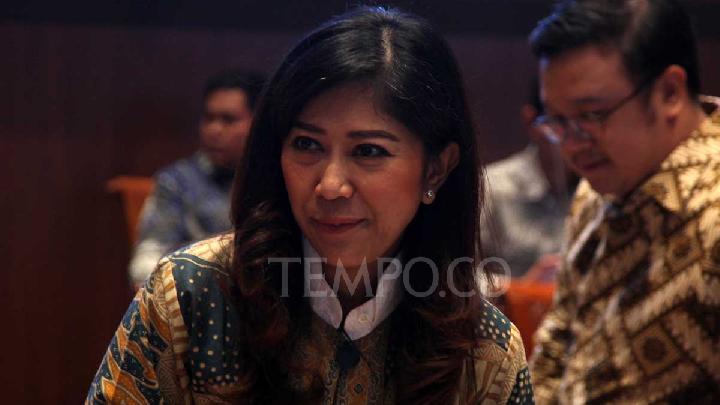


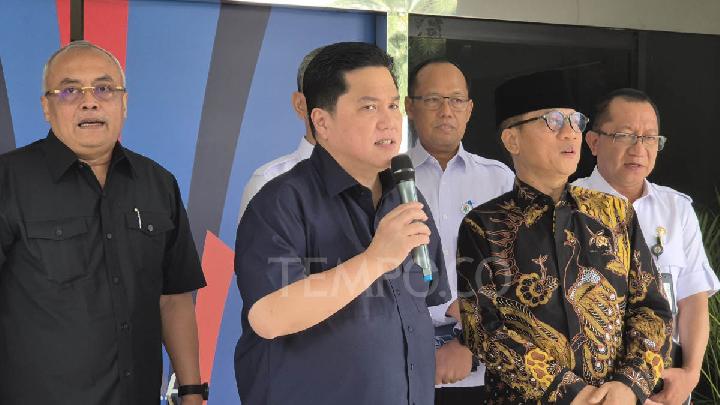



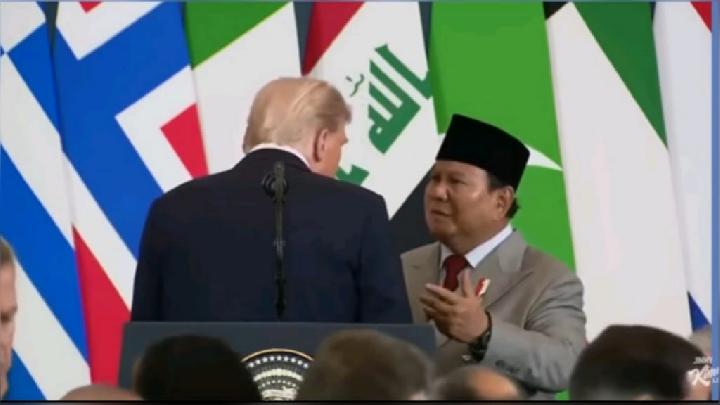


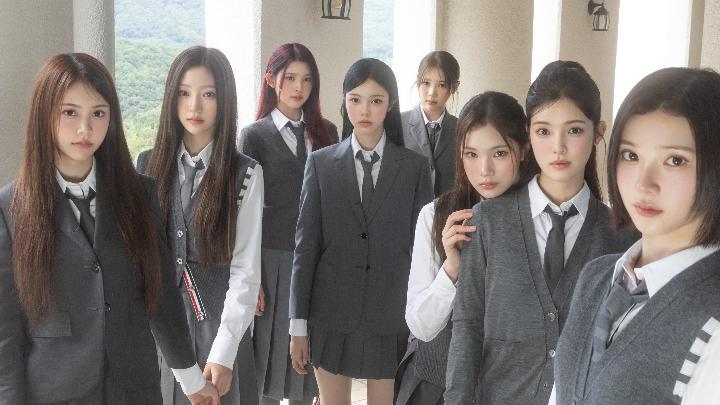













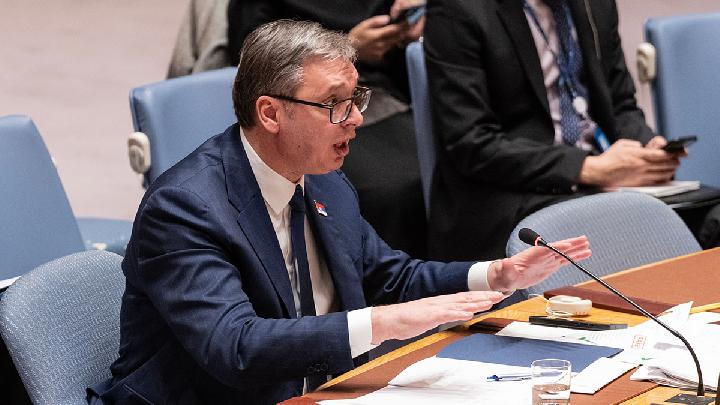


:strip_icc():format(jpeg)/kly-media-production/medias/5109984/original/014787400_1737901129-medium-shot-girl-helping-brother_23-2148748684.jpg)
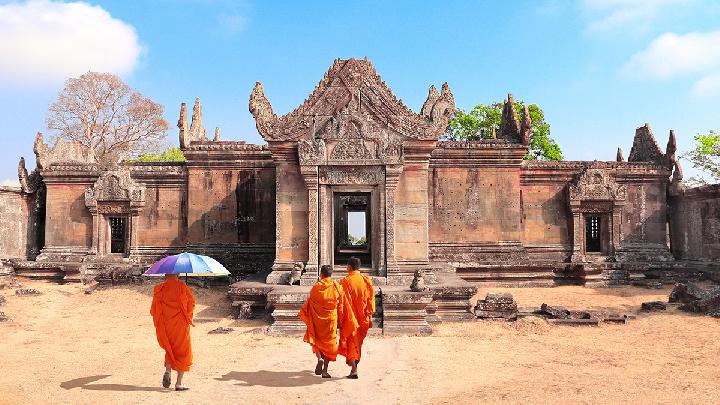
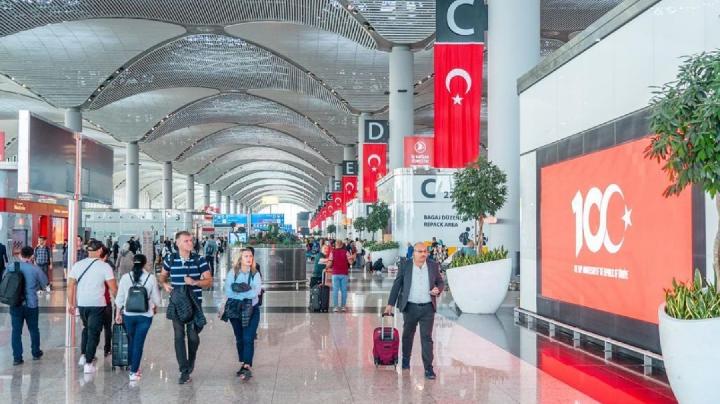
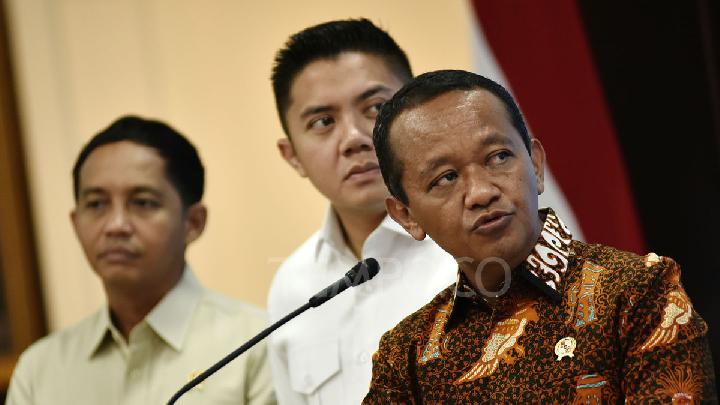


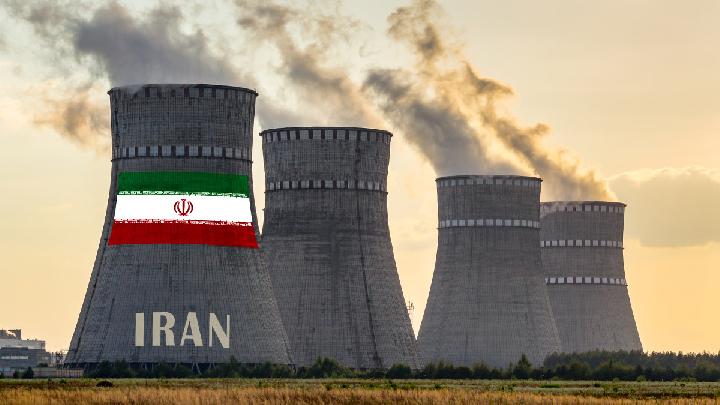
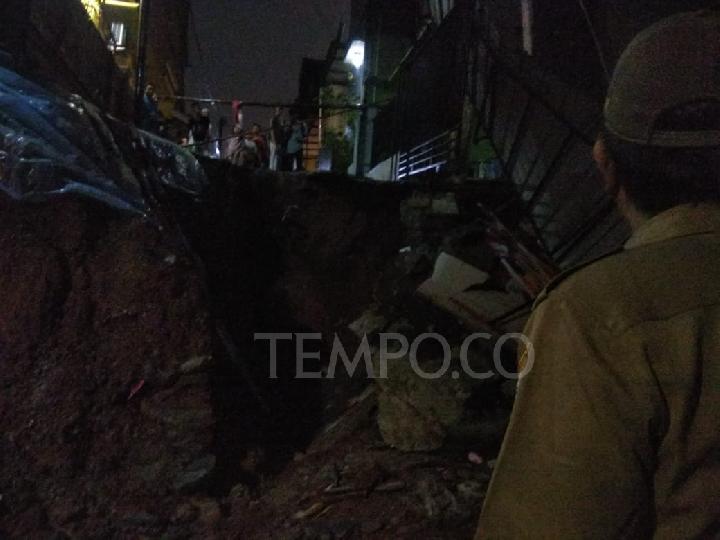
:strip_icc():format(jpeg)/kly-media-production/medias/5238090/original/074714200_1748671861-family-spending-time-together-mother-with-four-kids-standing-holding-hands-against-white-suv-car.jpg)


:strip_icc():format(jpeg)/kly-media-production/medias/5237589/original/092987300_1748596794-Ibu_hamil.jpg)
:strip_icc():format(jpeg)/kly-media-production/medias/5265873/original/051498900_1750934466-WhatsApp_Image_2025-06-20_at_19.09.02_1_.jpeg)
:strip_icc():format(jpeg)/kly-media-production/medias/5261980/original/057446900_1750732334-front-view-sad-girl-with-hair-comb.jpg)

